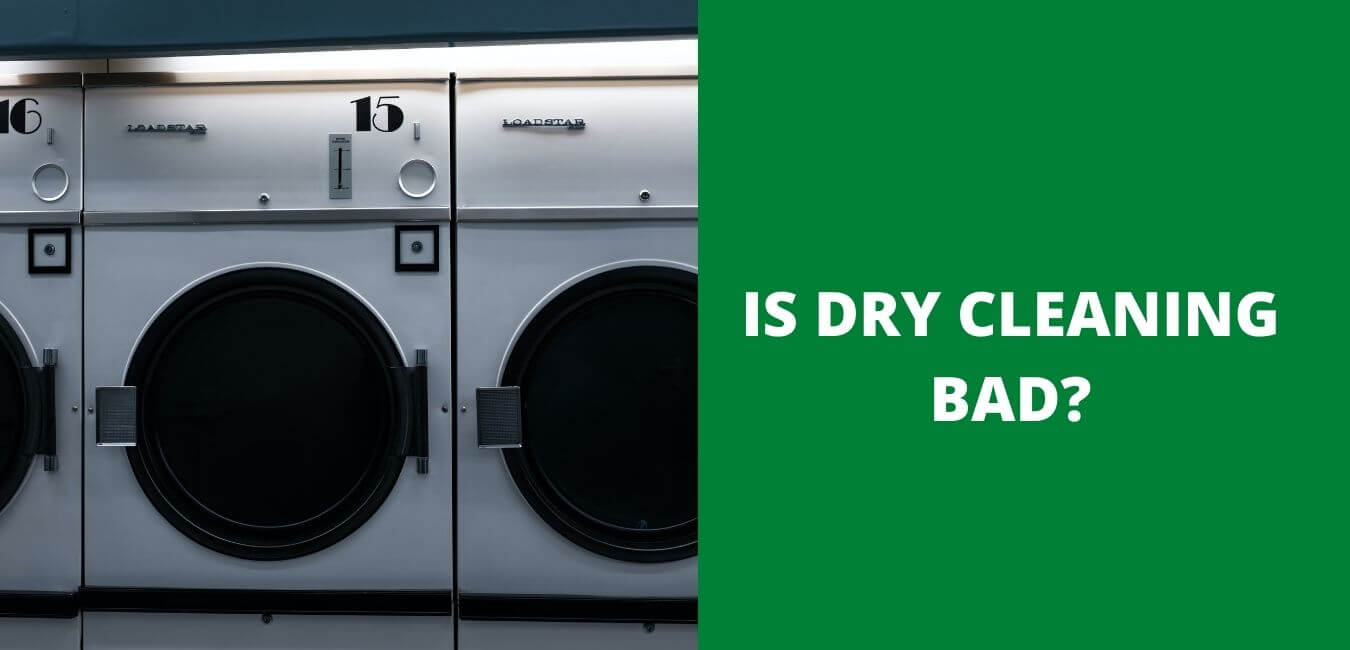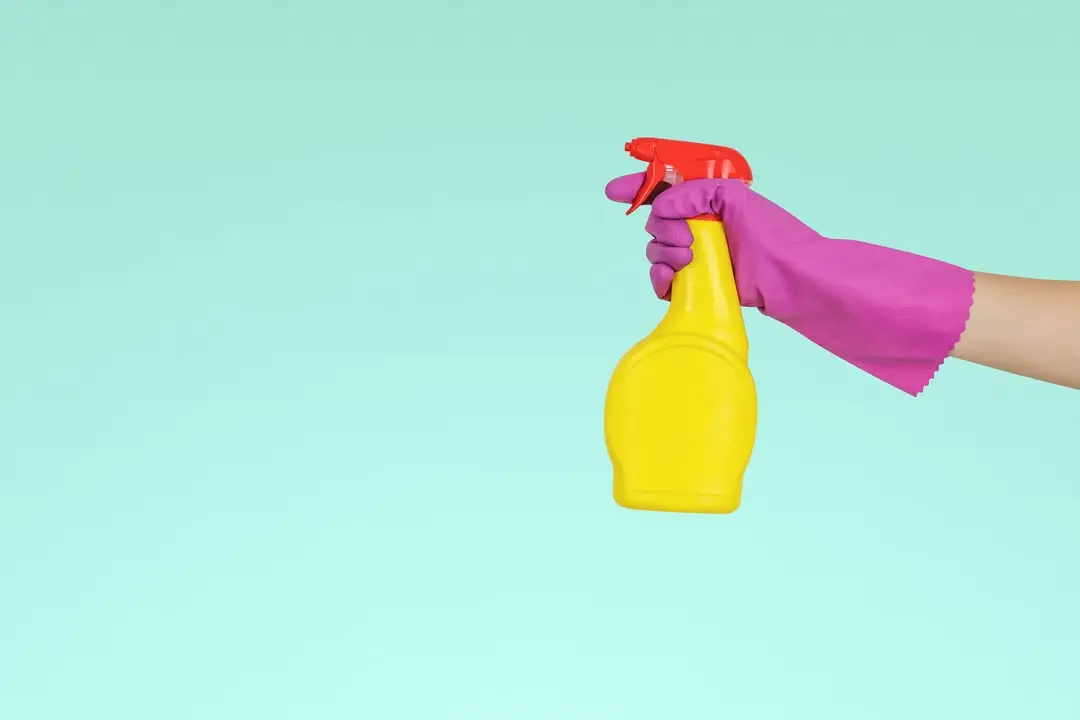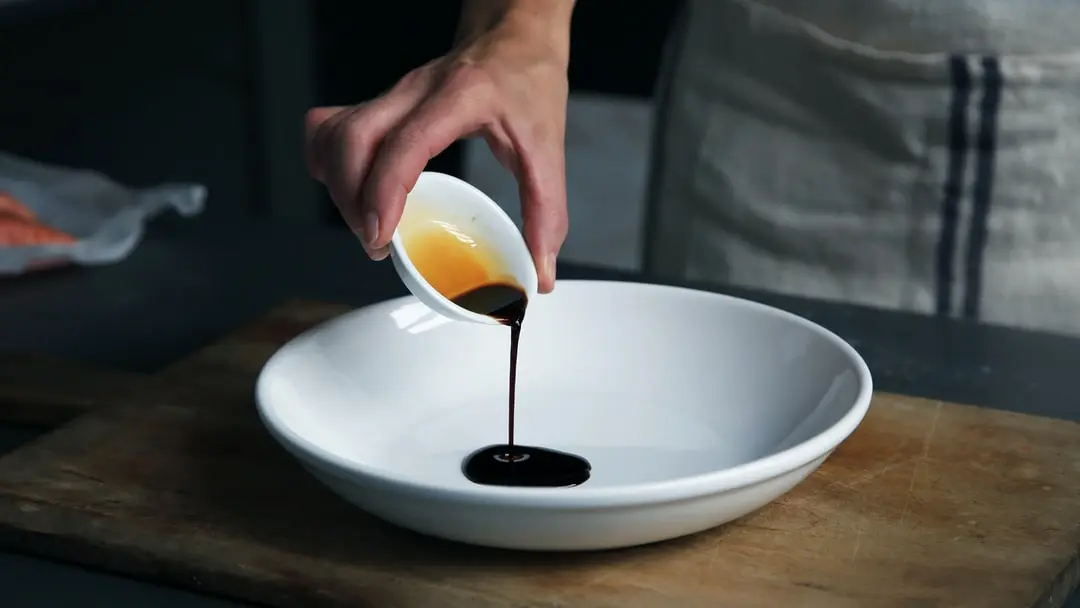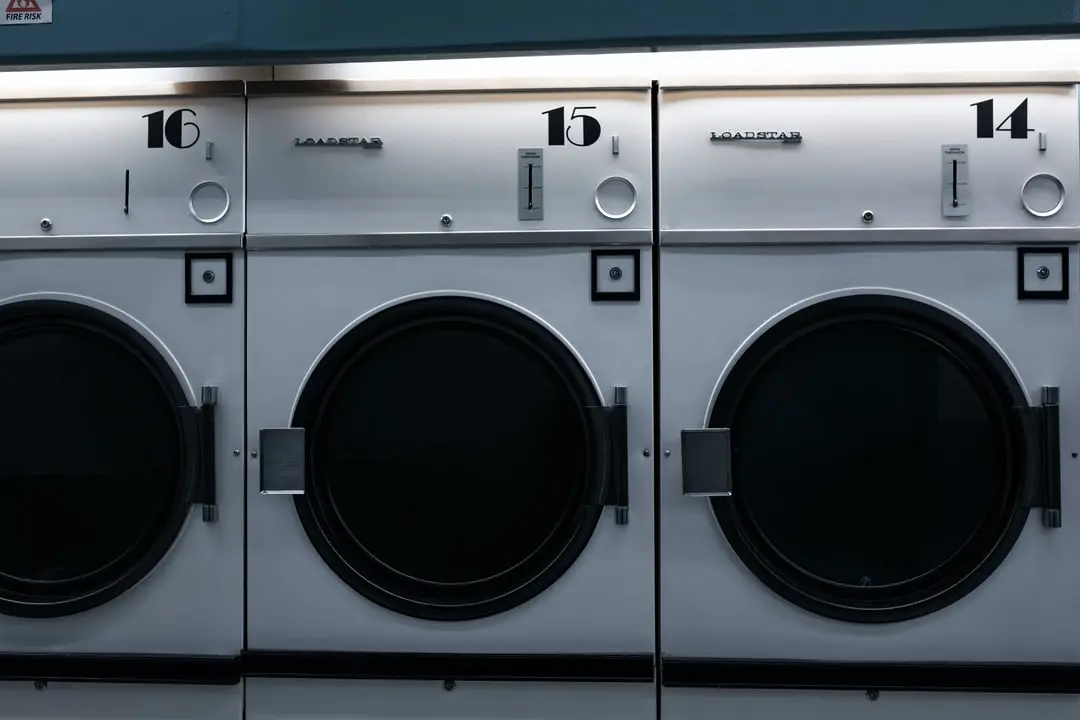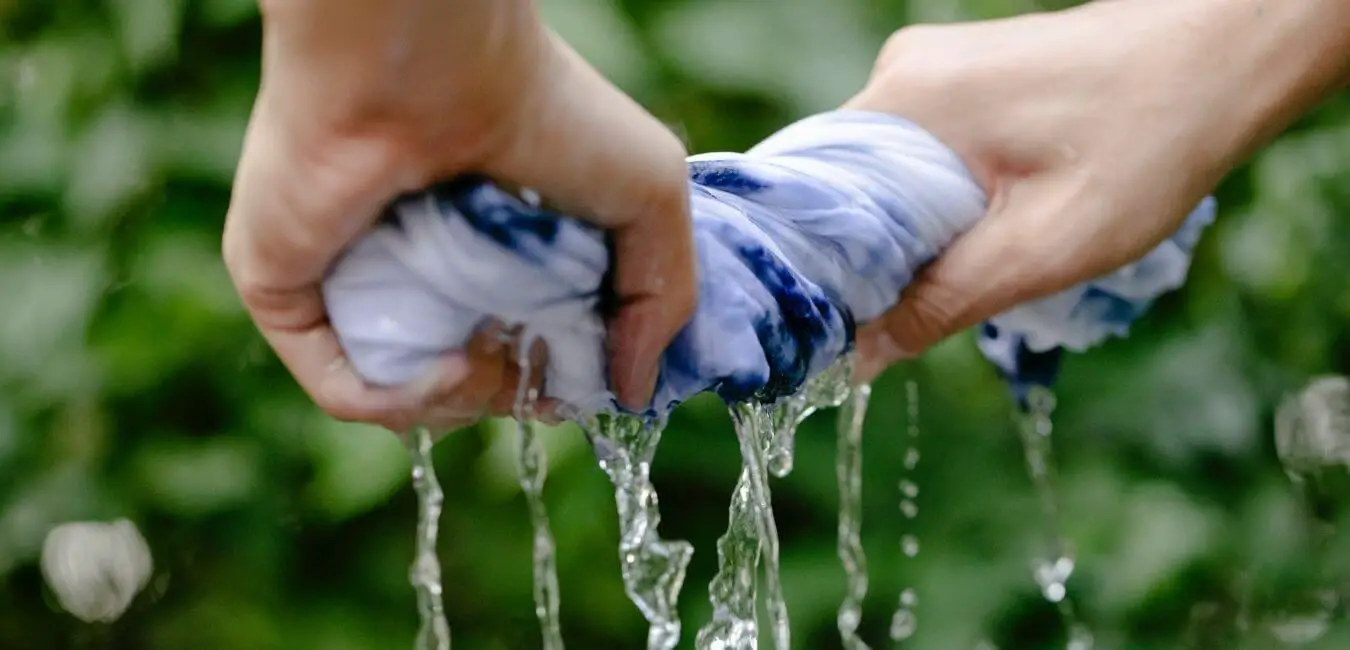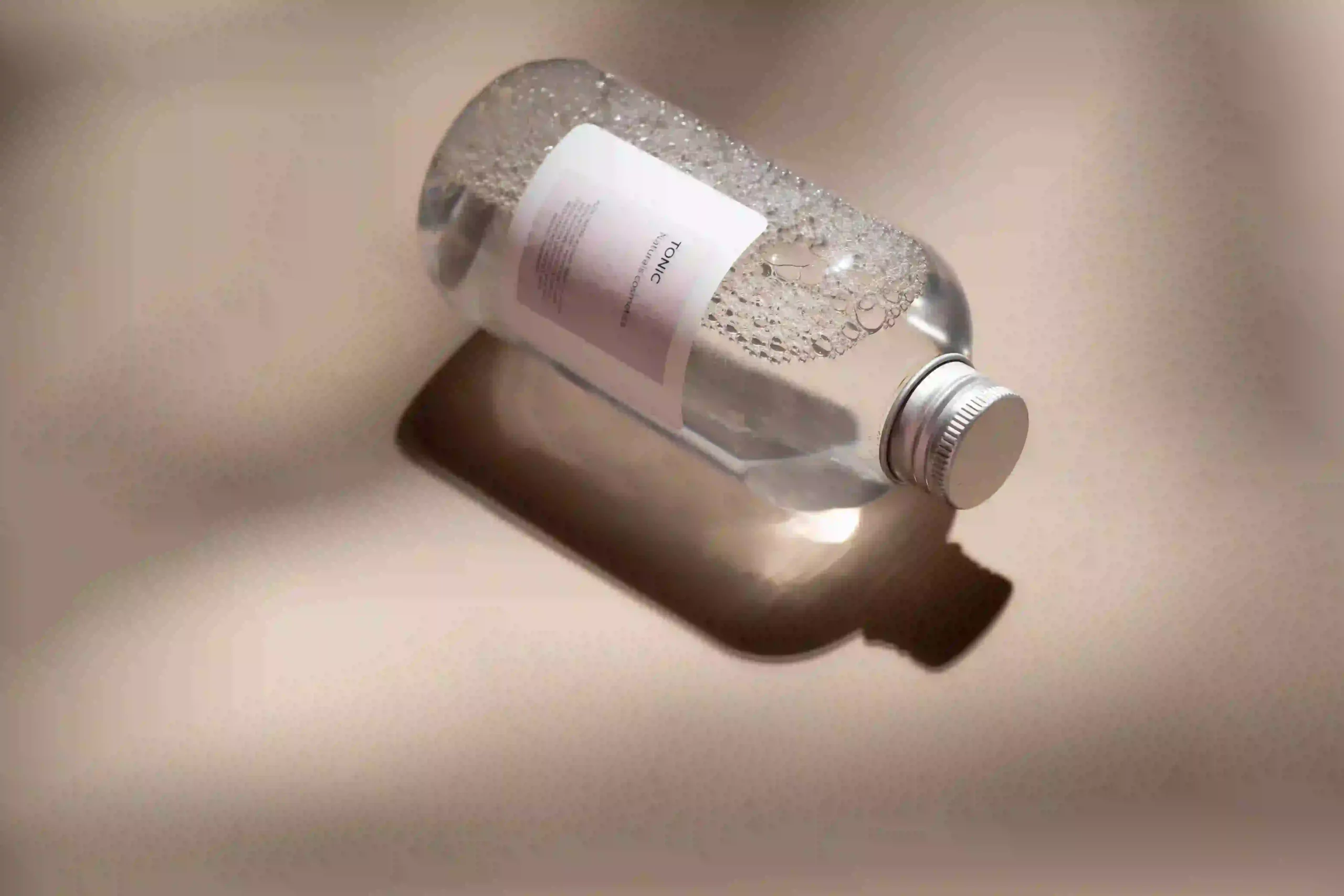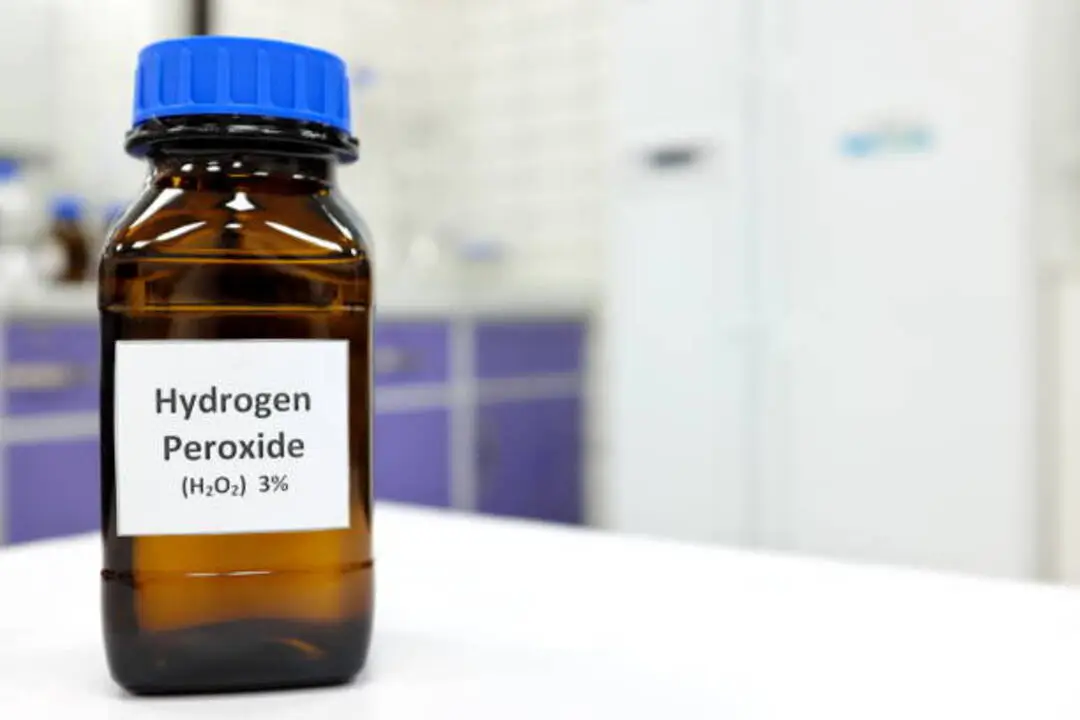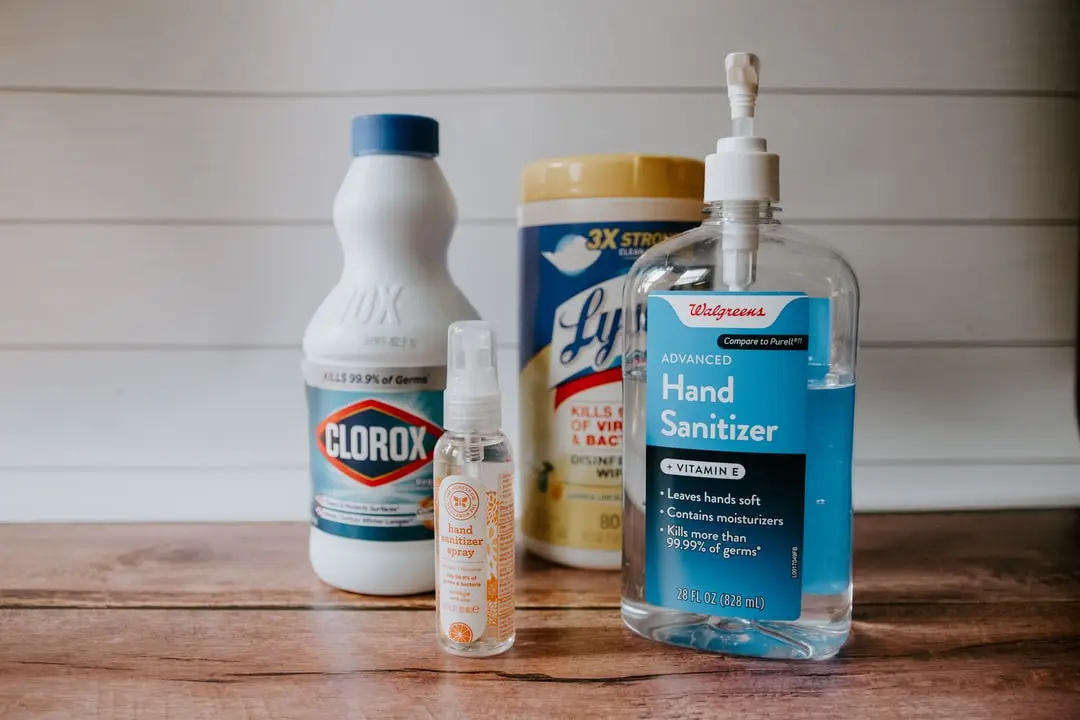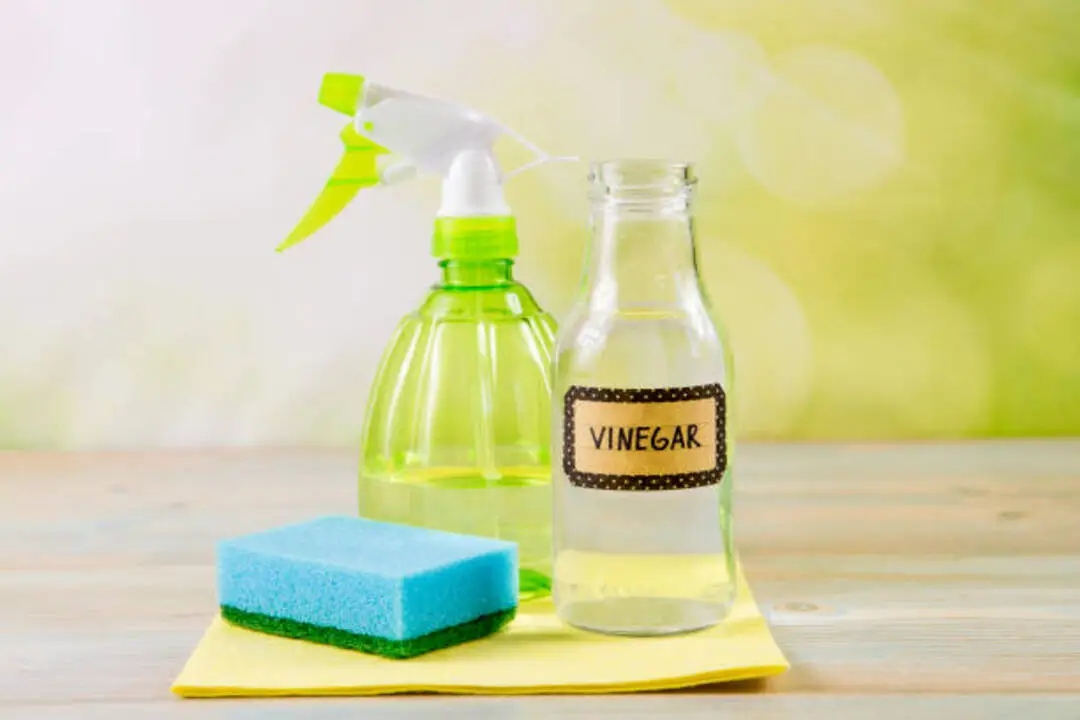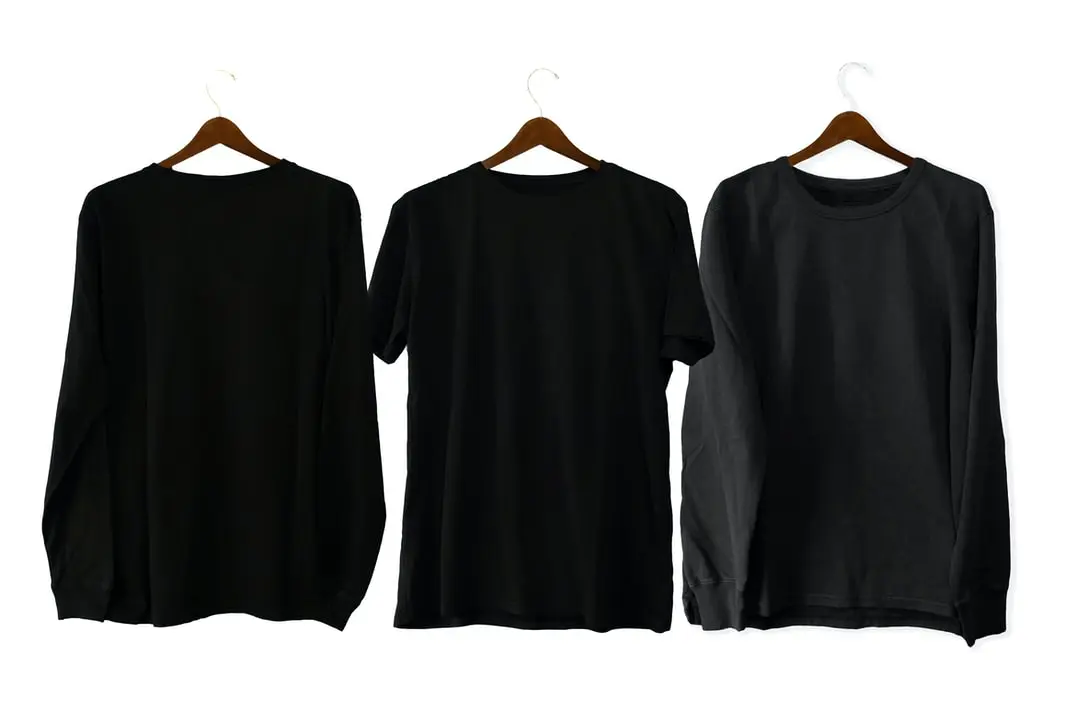Laundry mishaps happen, and occasionally you may find yourself facing a mountain of dirty clothes with no laundry detergent in sight. In situations like these, dish soap might become your next best alternative.
This blog post will help you navigate the ins and outs of using dish soap for laundry by providing guidelines on how much to use and tips to avoid common pitfalls. Join us as we dive into the bubbly world of dish soap in the washing machine!
Key Notes
- Using the right amount of dish soap is important to avoid waste and save money. Too much soap can create unnecessary foam and require extra rinsing.
- The right amount of dish soap helps protect your clothes by preventing color fading and damage, especially with delicate fabrics like silk.
- Dish soap should not be used in a washing machine as it can cause excessive sudsing and potential damage. Stick to using laundry detergent designed for machines.
- Pre-treating stains with dish soap before washing can help remove stubborn marks. Dish soap is known for its ability to break down tough grease and food stains on clothes
Importance of Using the Right Amount of Dish Soap for Laundry

Using the right amount of dish soap for laundry is crucial to avoid overuse, prevent damage to clothes, maintain the effectiveness of detergent, and prevent excessive suds and foam.
1. Avoids overuse and waste
Using the right amount of dish soap is key. Too much soapy water can lead to waste. It’s like using a whole tube of toothpaste when brushing your teeth. It just isn’t needed! Plus, too much soap often means more work.
You will spend extra time rinsing out all that foam from your clothes and washing machine. So, use less and save more!
2. Prevents damage to clothes
Using the right amount of dish soap saves your clothes. Too much can ruin the color and oils in fabric. Clothes will not fade fast if you use dish soap carefully. It is very good for washing clothes by hand.
You need to be sure with delicate cloth like silk, though. Dish soap can damage it if you are not careful.
3. Maintains the effectiveness of detergent
Using the right amount of dish soap helps your detergent work better. Too much soap can leave a filmy layer on clothes. This cuts down on how well your detergent works. It’s also key to look at the size of your load when adding dish soap.
Big loads need more than small ones for the best results. Be careful not to put dish soap in the washing machine by mistake, as it may mess with the way your detergent works.
4. Avoid excessive suds and foam
Using too much dish soap in your washing machine can cause excessive suds and foam. This is not only inconvenient, but it can also lead to poor washing results and may even cause water leakage from the machine.
To ensure effective cleaning, it’s important to use the right amount of dish soap that is recommended for your laundry load size. Using the wrong type or too much detergent can cause oversudsing, potentially leading to leaking or poor wash performance.
So be sure to measure out the correct amount of dish soap according to the guidelines provided by the manufacturer and avoid excessive suds and foam in your laundry process.
5. Avoid residue buildup on clothes
Using too much dish soap for laundry can lead to residue buildup on clothes. This can happen over time if the excess soap is not properly rinsed out during the wash cycle. To prevent this, it’s important to follow the guidelines for measuring and using dish soap in your laundry.
By using the right amount of dish soap, you can ensure that your clothes come out clean without any unwanted residue. So remember, a little goes a long way when it comes to using dish soap for laundry!
6. Prevent damage to the washing machine
To prevent damage to your washing machine, it’s important to avoid using dish soap in the machine. Dish soap can create too many suds, causing an overflow and potentially damaging the machine.
Stick to using laundry detergent specifically designed for use in washing machines. Additionally, be careful not to overload the machine with too much laundry or detergent, as this can also lead to damage.
By following these tips, you can keep your washing machine running smoothly and avoid costly repairs.
How Much Dish Soap to Use for Laundry

To determine the right amount of dish soap to use for laundry, use general guidelines for measuring and adjusting based on load size, detergent concentration, and water hardness.
1. General guidelines for measuring
To measure the right amount of dish soap for laundry, there are some general guidelines you can follow. For an average load, which weighs around 8 pounds, you’ll need about 1 tablespoon of dish soap.
But depending on the size of your load, you can use anywhere from 1 teaspoon to 1 tablespoon. Remember that liquid detergent usually requires more than powder or pod detergent – usually two tablespoons per load.
If you’re not sure how much to use, a good rule of thumb is to start with a smaller amount and adjust as needed based on how clean your clothes come out. And if in doubt, you can always check the tips provided by Tide for more specific recommendations.
2. General guidelines for different load sizes
Different load sizes require different amounts of dish soap or laundry detergent for optimal cleaning results. As a general rule of thumb, only use about a tablespoon of laundry detergent per regular load size.
If you have a front-loading machine, you may need to use slightly less detergent compared to top-loading machines. For larger loads, you can increase the amount of detergent accordingly, but be careful not to overdo it.
It’s always better to start with a smaller amount and add more if needed. Remember to follow the measuring instructions on your liquid laundry detergent bottle, as they usually indicate the appropriate amount to use.
3. Adjusting based on the detergent concentration
The amount of dish soap you use for laundry depends on the concentration of your detergent. If your detergent is a 2X, 4X, or 10X concentration, you’ll need to adjust the amount accordingly.
To figure out the concentration of your detergent, divide the package size in fluid ounces. Once you know the concentration, you can use the recommended amount of dish soap for laundry, which is usually between 1 teaspoon and 1 tablespoon, depending on how big your load is.
Adjusting based on detergent concentration will help ensure that your clothes come out clean and fresh every time you do laundry.
4. Adjusting based on water hardness
The hardness of the water can affect how well your soap and detergent work. Hard water has minerals that can build up on your clothes over time, making them feel stiff and look dull. It can also reduce the effectiveness of your soap and detergent, meaning your clothes may not get as clean as you want them to be.
To adjust for water hardness, you may need to use more or less dish soap in your laundry. If you have hard water, try using a little more dish soap than usual to help compensate for the mineral buildup.
On the other hand, if you have soft water, you may be able to use slightly less dish soap since there are fewer minerals interfering with the cleaning process. By adjusting based on water hardness, you can ensure that your laundry comes out clean and fresh every time.
Common Mistakes and Issues to Avoid When Using Dish Soap For Laundry

Using too much dish soap can lead to excessive suds and foam, which may result in a less effective wash and require an extra rinse cycle. Mixing dish soap with laundry detergent can also cause similar issues and potentially damage your clothes.
Additionally, using dish soap in a washing machine is not recommended, as it can cause the machine to overflow or create excess suds. It’s important to use dish soap for its intended purpose of handwashing dishes rather than using it for laundry.
1. Using too much dish soap
Using too much dish soap when washing your clothes can have negative consequences. It may cause excessive suds and foam, which can lead to issues with rinsing out the soap completely from your garments.
This can result in residue buildup on your clothes, making them feel stiff or sticky even after washing. Additionally, using too much dish soap can potentially damage your washing machine over time.
It’s important to follow the recommended guidelines for measuring and adjust accordingly based on factors like load size, detergent concentration, and water hardness to ensure you’re using the right amount of dish soap for laundry.
2. Mixing dish soap with laundry detergent
Mixing dish soap with laundry detergent may seem like a convenient idea, but it’s important to be cautious. Using too much dish soap or combining the two can lead to problems. Dish soap is designed for handwashing dishes and contains different ingredients than laundry detergent.
So, when you mix them together, you risk damaging your clothes and even your washing machine. It’s best to stick with using the recommended amount of laundry detergent for each load of laundry and avoid using dish soap as a substitute.
3. Using dish soap in a washing machine
Using dish soap in a washing machine can cause issues because it creates excessive sudsing. It’s important to note that liquid dish soap, like Dawn, should never be used in a washing machine, as it can create bubbles and potentially damage the machine.
However, a very small amount of dishwashing liquid, not dishwasher detergent, can be used in a top-loading washing machine without causing harm. Just remember to use caution and only add a little bit if you choose to do so.
4. Using dish soap for handwashing clothes
When handwashing clothes, using dish soap may seem like a convenient option, but it can lead to some common mistakes and issues. Dish soap is not formulated specifically for laundry, so it may not effectively clean your clothes or remove stains as well as laundry detergent.
Additionally, dish soap can create excessive suds and foam, which can be difficult to rinse out completely from your clothes. This residue buildup can make your clothes feel stiff and less comfortable to wear.
Furthermore, using dish soap for handwashing on a regular basis can cause damage to the fabric of your clothes over time. It’s best to use a laundry detergent that is designed for handwashing or follow the instructions recommended by the garment manufacturer for the best results.
Tips for Proper Dish Soap Usage in Laundry

Pre-treating stains with dish soap can help remove stubborn marks before washing. Using dish soap for handwashing delicate items provides gentle yet effective cleaning. Additionally, using dish soap as a laundry booster can enhance the performance of your detergent.
Read on to discover more valuable tips for achieving optimal results when using dish soap in your laundry routine!
1. Pre-treating stains with dish soap
Pre-treating stains with dish soap can be a great way to remove stubborn marks from your clothes before washing them. Dish soap, like Dawn, is known for its ability to break down tough grease and food stains.
To pre-treat a stain, start by applying a few drops of liquid dishwashing detergent directly to the stained area. Gently rub the dish soap into the fabric using your fingers or a soft brush.
Let it sit for about 15 minutes to allow the soap to penetrate the stain. Then, wash your garment as usual with your regular laundry detergent. This method can help lift away oil-based stains and make your clothes look cleaner and fresher when they come out of the wash.
Example:
“Need to get rid of that stubborn spaghetti sauce stain on your favorite shirt? Pre-treating it with dish soap might do the trick! Dish soaps like Dawn are designed to tackle tough grease and food stains.
2. Using dish soap for handwashing delicate items
When handwashing delicate items like silk, it’s important to use a small amount of dish soap. Not all detergents are suitable for these types of fabrics, so choosing the right one is crucial.
Dawn Platinum dish soap is recommended for handwashing small loads with stubborn stains. Its gentle formula will help keep your delicate items in good condition while effectively removing dirt and stains.
Remember to follow the care instructions on your clothing and rinse thoroughly after washing.
3. Using dish soap as a laundry booster
Using dish soap as a laundry booster can be a great way to enhance the cleaning power of your regular laundry detergent. Dish soap, like Dawn Platinum, can help remove stubborn stains and dirt from clothes when handwashing small loads.
Simply add a small amount of dish soap to your sink or basin along with your detergent, and agitate gently before washing. This can be particularly useful for heavily soiled items or stains that need extra attention.
Just remember to rinse the clothes thoroughly after washing to remove any leftover soap residue. Proper dish soap usage in the laundry can help boost the cleaning power and effectiveness of your regular laundry detergent, leaving you with cleaner, fresher-smelling clothes.
Frequently Asked Questions

1. How much dish soap should I use for laundry?
For a regular load of laundry, it is recommended to use about 1 tablespoon of dish soap.
2. Can I use more dish soap to get cleaner clothes?
No, using more dish soap than recommended can cause excessive suds and may not rinse out properly, leaving residue on your clothes.
3. What happens if I use too much dish soap for laundry?
Using too much dish soap can lead to oversudsing in the washing machine, which can result in poor rinsing and leave a soapy residue on your clothes.
4. Can I use less than 1 tablespoon of dish soap for laundry?
It is best to follow the recommended amount of 1 tablespoon, as using less may not provide enough cleaning power for your laundry load.
Conclusion and final thoughts 💭
To find the perfect amount of dish soap for laundry, it’s important to measure carefully and follow guidelines. Using too much can lead to excessive suds and potential damage to clothes and washing machines.
By using the recommended amounts based on load size and detergent concentration, you can ensure clean, fresh-smelling clothes without any issues. So remember to use the right amount of dish soap for laundry, and enjoy cleaner clothes every time!


